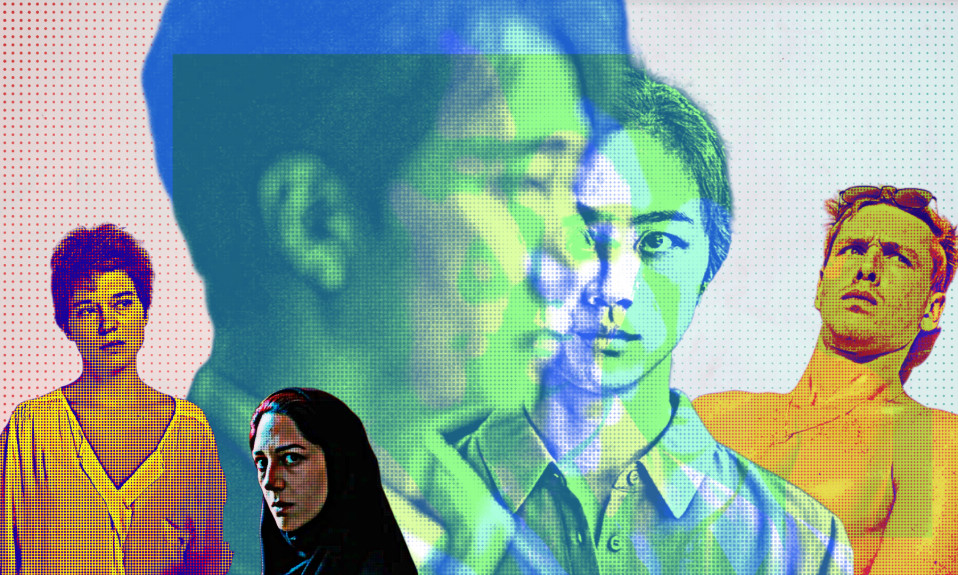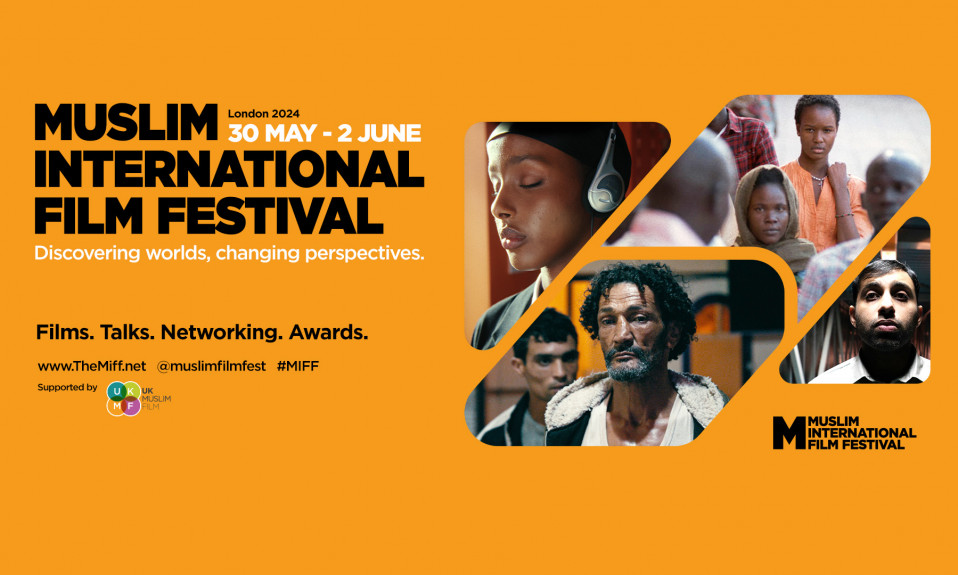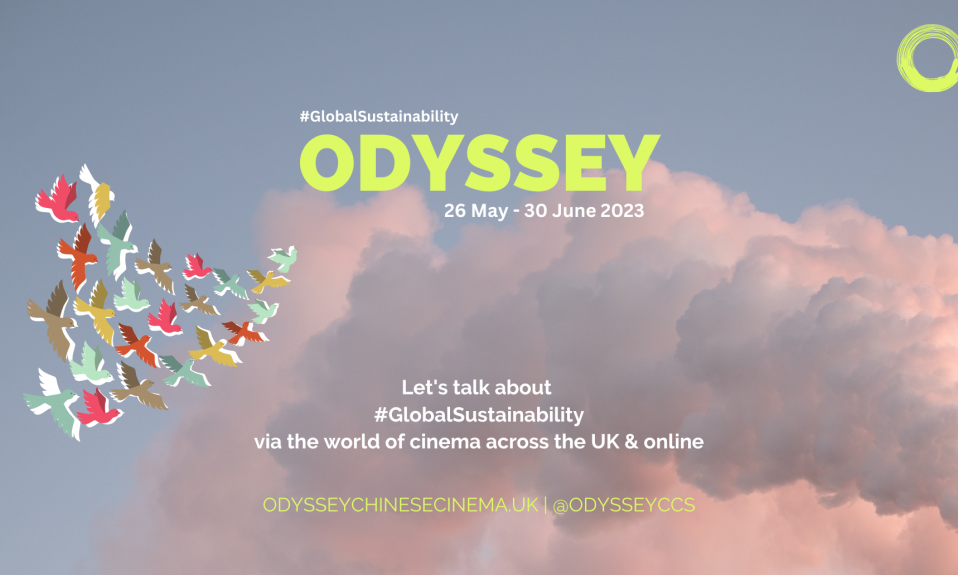If you’re anything like me, you’ve spent the past week trying to metabolise the 2022 Cannes Film Festival which wrapped up last weekend with a slew of headlines about who won what prize (and even more headlines about whether it was deserved!) Mostly, I’d been paying attention to Kirsten Stewart’s fashion choices (which are always top-notch) then all Hell broke loose and it seemed no one could agree on anything. During any film festival, when you’re not an attendee, it can be hard to discern exactly what is happening but Cannes is a special breed. Twitter will become outraged at one movie, critics will tear apart another, and then, lo and behold, those movies both win awards. Established filmmakers can take a beating, new talent often rises to the top, and overall, the festival ends with fans eager to see a bunch of movies that probably won’t hit UK screens for months.
That said, Cannes always feels exciting. Perhaps because it takes place in May, so it kicks off the festival season. Summer for some is marked by white men in superhero capes fighting other white men in superhero capes; for others, it is measured in an international tour of movie appreciation that travels through Colorado, Venice, Berlin, London, and New York – but it all starts in Cannes. Its early date allows Cannes to platform a lot of movies that are untested. There are no preconceived notions, no hype built up over months. Instead, most of the movies at Cannes are playing for the first time, which means it is consistently full of surprises and can be a strange mix. Films like the Oscar-winning Parasite, Ken Loach’s brutal realist I, Daniel Blake, and Todd Haynes’ luscious lesbian romance Carol all premiered at the festival, but so did The Phantom Menace, Shrek, X-Men: The Last Stand, and, most recently, Top Gun: Maverick. This means that, one night, there’s the splashy extravagance of seeing Tom Cruise walk down the red carpet while fighter jets stream across the sky leaving trails of red, white and blue, and then, later, you can see Kristen Stewart on that same red carpet talking about a movie that the LA Times described as being about a “world where physical pain has dramatically decreased, leaving individuals free to cut open their own bodies for pleasure and profit.”
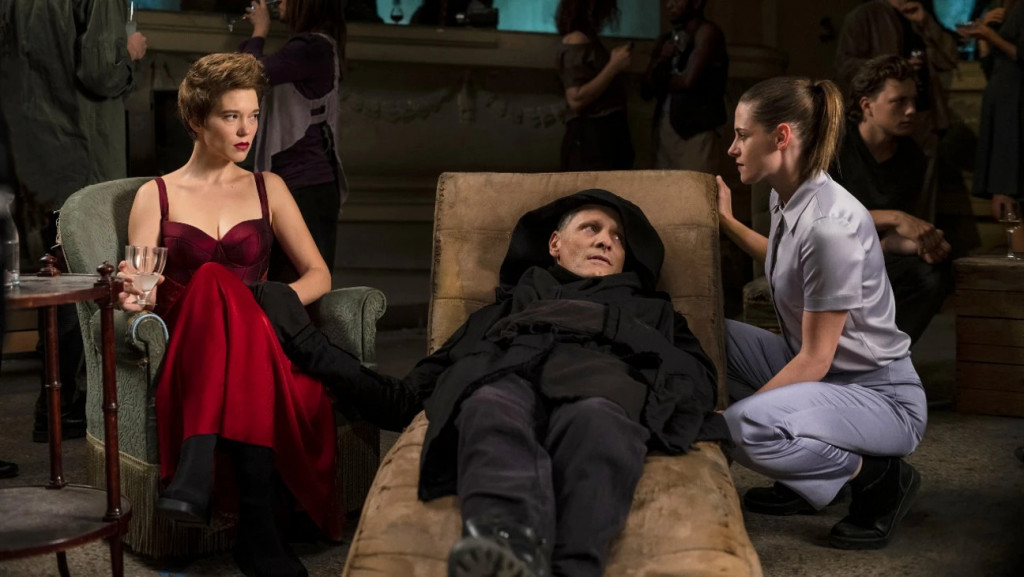
However, the fact it’s first out the gate isn’t just what makes Cannes fun to follow because Cannes’ audiences love to make their feelings known. The length of a standing ovation is often the topic of discussion at Cannes, as are boos and walkouts. In 2006, Guillermo del Toro’s spooky parable Pan’s Labyrinth received a whopping 22-minute standing ovation. This year, Baz Luhrmann’s bizarre-looking Elvis Presley biopic got 12-minutes’ worth of applause and, I mean, I love Tom Hanks but even I can’t understand what he’s trying to do in that trailer. But that’s the thrill! Nicole Kidman’s wild but ultimately forgotten southern thriller The Paperboy got 12 minutes in 2012. Michael Moore’s haunting school shooting documentary Bowling for Columbine got 13 minutes in 2002. There seems to be no logic, neither rhyme nor reason to it. Alongside the standing ovations, there are the walkouts too. This year, many in the audience walked out of David Cronenberg’s Crimes of the Future, which stars Stewart alongside French-movie royalty Lea Seydoux, and Viggo Mortensen, which isn’t Cronenberg’s first run-in with dissent at Cannes. His 1996 film Crash, adapted from the J.G. Ballard novel of the same name about a group of people who get turned on by violent car crashes, got some major heat too and inspired many walkouts. With Crimes of the Future, Cronenberg takes his place alongside Lars Von Trier whose films Antichrist and The House That Jack Built inspired walkouts, too.
So, what else happened at the 2022 Cannes Film Festival? Who walked out of what and which stars had to stand awkwardly for what seems like forever as a camera is forced into their face to capture their reaction while people clap? (Honestly, if you haven’t watched the footage from the 7-minute standing ovation for Quentin Tarantino’s Once Upon a Time in Hollywood then you haven’t lived. It’s essentially performance art.) According to the critic Peter Bradshaw, this year’s festival was particularly divisive. In his round-up, he wrote that he had never “seen a Cannes like this for radical disagreement among critics on almost every single title”. So, where to begin?

The festival is divided into three sections: ‘In Competition’; ‘Un Certain Regard’, which highlights avant-garde filmmaking; and ‘Out of Completion’, which is essentially your big-budget stuff looking for a boost. The films playing In Competition are vying for the Palme d’Or, an award voted for by a jury made up of people from the industry, that counts amongst its winners Von Trier’s depressing musical Dancer in the Dark, Michael Moore’s Iraq war exposé Fahrenheit 9/11, Jane Campion’s feminist period drama The Piano, and Scorsese’s career-defining Taxi Driver. Most recently, Julia Ducournau became the second woman to win the top prize, after Campion, with her body-horror-hit Titane at last year’s festival. This year, it went to Ruben Östlund’s Triangle of Sadness. Described by the BBC as “a frontal assault on the super-rich, and on the capitalist system in general” the film “has enough rage and riotous abandon to compensate for its lack of subtlety”. Triangle of Sadness is Östland’s second Palme d’Or win after The Square, a biting satire of art and charity which took the award back in 2017.
Elsewhere, one of the big stories was Clare Denis’ adaptation of Denis Johnson’s 1986 novel, The Stars at Noon, which marks the filmmaker’s second English-language feature after 2018’s High Life. Denis is no stranger to Cannes and is, perhaps, one of France’s most interesting filmmakers. Her previous features have been known for their slow, slight brilliance, and she has attached great French actors such as Isabelle Huppert, who starred in Denis’ 2009 civil war drama White Material, and Juliette Binoche who gave a career-best performance in the sweet and existential Let the Sunshine In. As for The Stars at Noon, its actors are more up-and-coming than established. It sees relative newbie Joe Alwyn stepping into shoes previously meant for Taron Egerton (who had stepped in to replace Robert Pattinson before dropping out himself) and ingenue-of-the-moment Margaret Qualley starring as lovers. The BBC called it “beautifully made” and Indiewire described it as a “sweaty romantic thriller about two white foreigners who fall in love (or at least fuck a lot) against the background of Central American political tensions” with the film ultimately feeling like “a cryptic and carnal search for a way out of purgatory.” Variety praised Qualley’s performance as “tremendous” but others felt the film lacked heat. Though I have sworn off Twitter recently in an attempt to actually enjoy my life, it seemed to cause quite a stir online with one user calling The Stars at Noon a “tragedy” and another claiming it was “laughably un-erotic”. Still, it won the Grand Prix (essentially, second place after the Palme d’Or!).
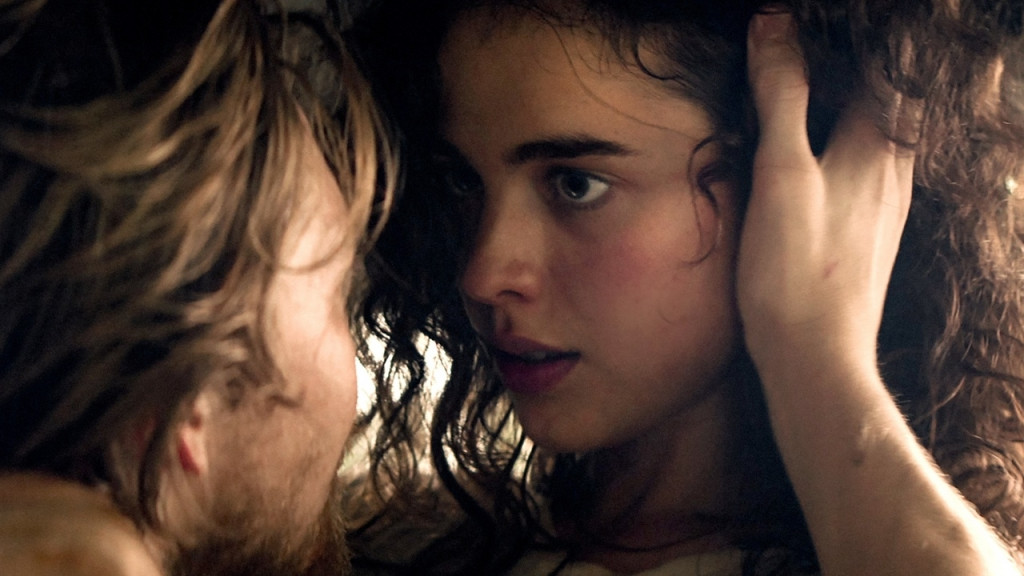
One thing it seems most people can agree on is Park Chan-wook’s Decision to Leave. The Korean filmmaker’s past works include the revenge thriller Oldboy, the brittle family drama Stoker, and the stylish erotic thriller The Handmaiden which premiered at Cannes in 2016. Decision to Leave is a crime procedural that becomes a romantic drama as a top detective falls for the wife of the man whose murder he is investigating. If it sounds like a corny premise, all accounts suggest that Park does nothing conventional with the material, with Variety calling the film a cool saunter through an “immaculately intricate labyrinth”. Park also took home the Best Director prize and it seems this is one of the few Jury decisions that everyone can get on board with.
The controversial true-crime thriller Holy Spider took home an award for its leading actress Zar Emir-Ebrahimi who plays an investigative journalist trying to uncover the truth about a serial killer who is hunting sex workers. The film is based on the true story of Saeed Hanaei, known as “The Spider Killer”, who killed sixteen women between 2000 and 2001. Hanaei became a quasi-hero for the religious right in Iran at the time who felt he was “cleansing” the city of Mashad, and he even received help from the police force for doing what was seen by some as God’s work. The film, which is set in Iran, wasn’t able to film there due to the subject and its inclusion of substantial nudity and was filmed in Jordan instead. It has been called, by some, a slick and enticing thriller in the vein of David Fincher’s Zodiac. Others have criticised Holy Spider for “Hollywood-ising” the tragic deaths of these women who, according to The Guardian, don’t receive a huge amount of screen time. The premiere was protested too by a feminist collective who took to the red carpet and set off plumes of black smoke whilst holding up a list of 129 women’s names. The group indicated that these names were a list of the “129 feminicides in France since the last Cannes festival” – ‘feminicide’ being a phrase defined in the late seventies as the intentional killing of women and girls because they are female.
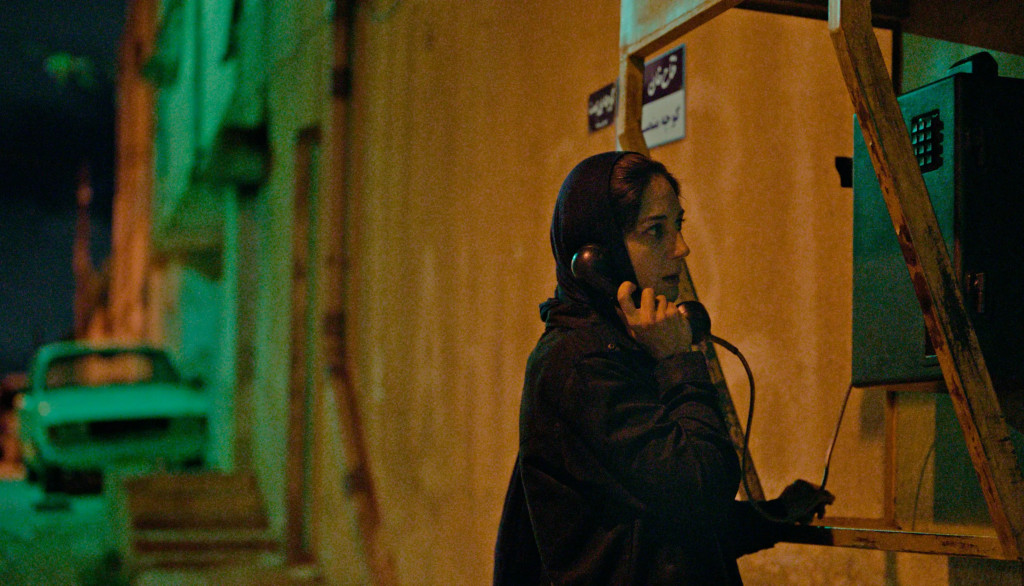
Last year, Titane walked out of Cannes with huge buzz and so did The Worst Person in the World, both of which went on to receive some major award nominations. This year it seems slightly harder to see those sure-fire successes (outside of Decision to Leave which, if it’s anything like Park’s previous movies, will do well at the arthouse box office). Denis’s movies are often divisive (High Life featured a “fuck box” for Christ’s sake!) and Östland’s Triangle of Sadness will likely have its fans, too (I imagine I will be one of them if just for a shirtless Harris Dickinson alone…). But what does seem clear is that the stage is set to see how these movies fare over the next few months. They’ll all be sure to pop up elsewhere and the discussion around them will grow (and, undoubtedly, become infuriating at points) but that is the thrill of festival season. Not to mention there are still plenty of movies that have yet to enter the ring. There’s Noah Baumbach’s reteaming with Greta Gerwig in White Noise, Sebastian Lelio’s period drama The Wonder which stars Florence Pugh, Joanna Hogg’s as-yet-untitled ghost movie, and two (TWO!) Harry Styles movies, one of which is said to feature a fair amount of sex and nudity. All of which are likely to show up on the festival circuit in the next few months. So, strap in folks! It’s likely to be a bumpy ride.
Also Read: The History of the Cannes Film Festival


